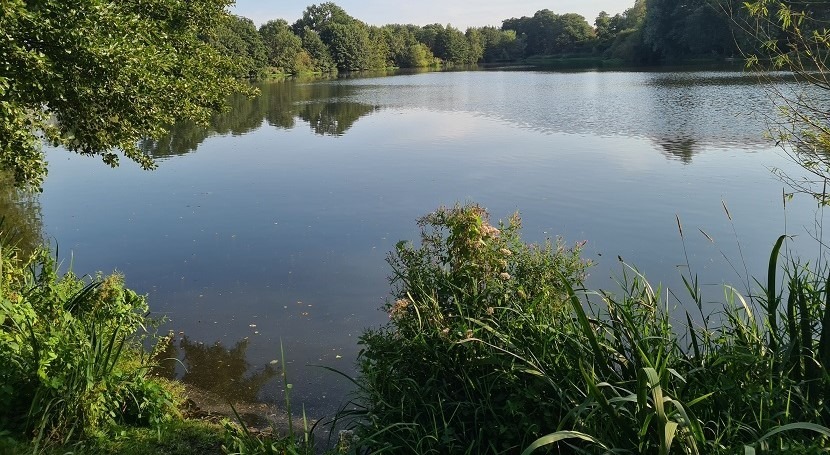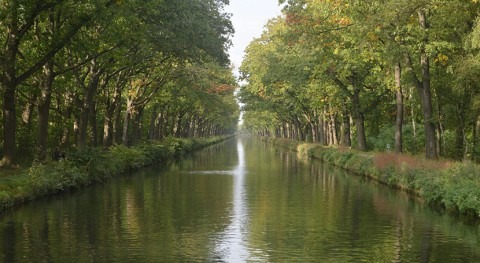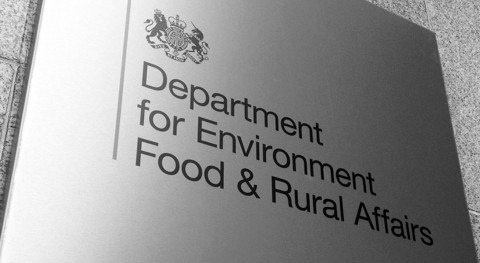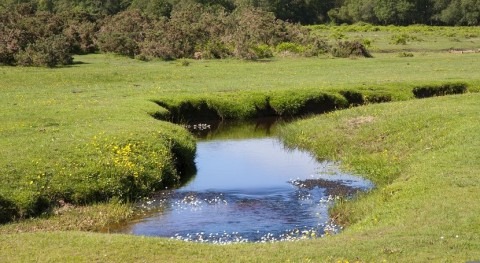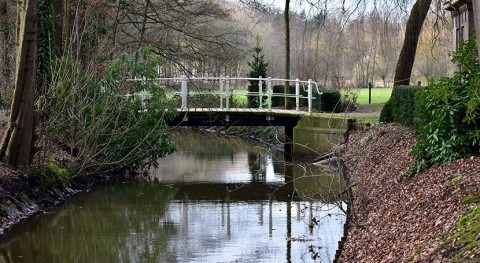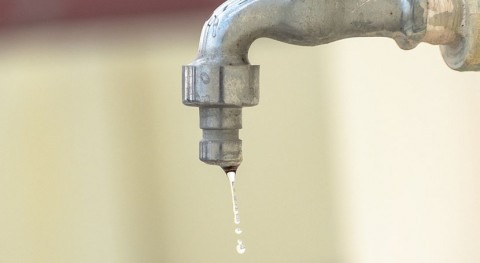A project to slash greenhouse gas emission and energy demand of used water processing and create a new source of hydrogen energy, and a project in partnership with the Rivers Trust and the Zoological Society of London (ZSL) to clean up the country’s rivers, are today announced as two of the nine winners of Ofwat’s first Water Breakthrough Challenge. The competition aims to deliver scalable innovations in the water sector with lasting impact. Other projects focus on reducing customer bills through using artificial intelligence to prevent leaks and reduce wastage and a project to deliver significant water-saving solutions in response to new housing developments.
£9 million has been awarded to projects that will tackle the health of rivers and waterways with solutions aimed at making them cleaner and ensuring water sources are resilient in a changing climate. A further £12.8 million has been awarded to projects that will target the need to drastically reduce the emission of CO2 and other pollutants from the water treatment process as the country strives to lower energy demand and achieve its net zero ambitions. Finally, £14.2 million has been awarded to projects that aim to resolve challenges facing communities and vulnerable water users, as well as reduce leakages to benefit customers and slash bills.
£6.4 million has been awarded to Catchment Systems Thinking Cooperative (CaSTCo) for a project which will revolutionise the way crucial data about England and Wales’ water environment is shared. It will do this through low-cost sensors, engagement with citizen scientists, and the development of a new national framework for how data is managed, with a particular focus on the health of the nation’s rivers. The partnership is led by United Utilities and involves the Rivers Trust, nine water companies, academia and conservation charities including ZSL. This project will ensure there is robust evidence base for tackling environmental challenges with over £4.34 million of the prize money going directly to river trusts.
Anglian Water’s Triple Carbon Reduction solution – in a partnership including University of East Anglia, Brunel University, Cranfield University and Element Energy Ltd – has won over £3.5 million. It will use new technologies to eliminate greenhouse gas emissions and deliver up to 85% reduction in energy use for used water treatment while providing a new renewable energy source through hydrogen production. The water industry consumes between 2% and 3% of electricity produced in the UK – equivalent to 3.8-5.7 million tonnes of oil annually – and around 55% of this is linked to the processing of wastewater.
John Russell, Senior Director at Ofwat said:
“From Airbus and Microsoft to ZSL and the Rivers Trust, the Water Breakthrough Challenge has led to the formation of exciting partnerships with water companies to improve services for customers and improve the environmental footprint of the sector. Each of the winners will contribute to the resilience, sustainability and effectiveness of the water sector in the years to come for the benefit of customers across the country. Thank you to the independent judging panel for its challenge and insight in recommending these impressive winners.”
Holly Jamieson, New Frontiers Director, Nesta Challenges said:
“The cross-sectoral collaborations established by water companies, academia, engineering and technology sectors in response to the Water Breakthrough Challenge are hugely impressive. From turning sewage into a valuable natural resource to the smart use of open data to reduce negative environmental impacts and reduce costs for water customers, today’s funding is an exciting step for the water industry in the UK. I congratulate all of the winners and look forward to seeing them deliver their projects in the months and years to come.”
The Water Breakthrough Challenge contributes to water regulator Ofwat’s goal of creating an innovative and collaborative water sector that can meet the needs of customers, society, and the environment into the future. The Challenge funds initiatives that water companies would otherwise be unable to invest in or explore. New innovation competitions will be announced through to 2025, however Ofwat’s goal is that the Innovation Fund’s impact will be felt well beyond this.


